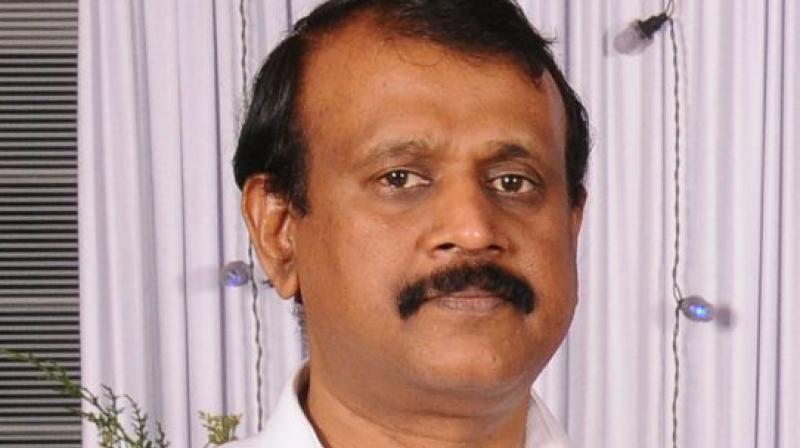Supreme Court reinstates T P Senkumar as DGP
It directed the state government to reinstate him in service at least till he completes his two year tenure on May 21.

New Delhi: In a huge setback to the Kerala government, the Supreme Court on Monday quashed the June 1, 2016 order transferring former DGP T.P. Senkumar, IPS as chairman and managing director of the Kerala Police Housing and Construction Corporation Ltd. A Bench of Justices Madan B. Lokur and Deepak Gupta while allowing an appeal from Dr Senkumar rejected the state’s stand that he was shifted due to the dissatisfaction of the government in the perception of the Chief Minister, Pinarayi Vijayan. It directed the state government to reinstate him in service at least till he completes his two year tenure on May 21 this year or till he superannuates in June. Writing the judgment Justie Lokur said the opinion of serious dissatisfaction must be based on verifiable material and not a perception that the Chief Minister or other senior functionary might have or the “public expectation” that the Chief Minister might imagine.
Quite often public opinion can be misleading or motivated. It is true that where an assessment of this nature is required to be made, there would be an element of subjectivity, but that subjective view must have some basis – not a mere perception. The Bench said the facts and the record of the present case indicate that the Puttingal Temple tragedy and the Jisha murder were not the flash points necessitating the transfer of the appellant. The reason for his transfer was his conduct post the Puttingal Temple tragedy in not taking action against the errant police officers (but supporting them) and in apportioning a part of the blame ondistrict administration. The reference to the Jisha murder case was an attempt at padding up the reason while the reference to the alleged interference in the investigations by the CB-CID was a red herring or a ruse — the alleged interference was not even in the contemplation of the Chief Minster. The addition of the allegation of interference with the investigations in the Puttingal Temple tragedy is a further attempt in that direction — to somehow or the other nail the appellant.
On the contention that Section 97(2)(e) of the State Police Act empowers the government to shift the DGP before he completes the two year tenure as mandated in the Prakash singh judgment, the Bench said the provision must be understood in the context of the other clauses of that Section which relate to verifiable facts and events. It said Clause (e) is not a blanket clause that permits the state government to take any decision on the basis of what it believes to be public dissatisfaction. Otherwise, the state government can misuse it and justify an adverse action on the ground of prima facie satisfaction outside the ambit of judicial review. The Bench said the appellant has been accused of failure to take action against these errant police officers (rather supporting them) in the Kollam temple tragedy and unjustifiably apportioning a part of the blame on the district administration. However, the Bench said it must be noted that for more than one and a half months the former chief minister Oommen Chandy took absolutely no action on the home secretary’s note dated April 13, 2016 but just seems to have kept it in his office.
Under these circumstances, it is not clear what action could be taken by the appellant or any officer of the government including the chief secretary and the additional chief secretary against the errant police officers while the matter was pending with the Chief Minister. Could they or should they have by-passed the chief minister? It is difficult to hazard a guess why no action was taken. In our view therefore, if the appellant failed to take any action against the errant police officers, the entire official machinery starting from the Chief Minister down to the Chief Secretary and the Additional Chief Secretary are equally to blame. We are also a little disturbed with the view expressed in the detailed counter affidavit and elsewhere that the appointment of the appellant was irregular if not illegal. If that is so and the state government of Kerala is bent upon making irregular or illegal appointments to sensitive posts, then no one can help God’s own country. On an overall consideration of the material on record and considering the case in its proper perspective, that is the events post the Puttingal Temple tragedy and the Jisha murder and not the two tragedies themselves, we have no hesitation in concluding that the appellant has been unfairly and arbitrarily dealt with.

